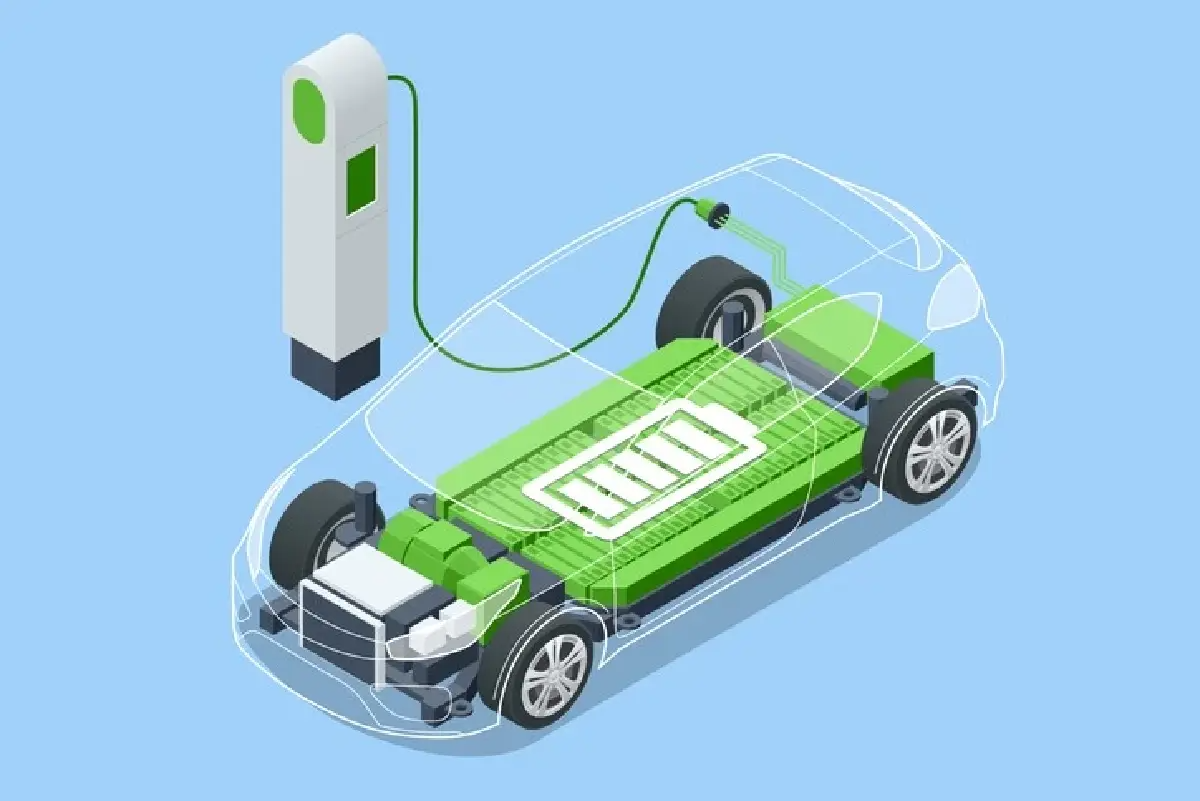How Important is the Battery Management System (BMS) in Electric Vehicles (EVs)?

(Photo credit: ruchiragreenearth)
What is a Battery Management System (BMS)?
A Battery Management System (BMS) is an advanced electronic system designed to monitor, manage, and protect the battery packs used in electric vehicles (EVs). It acts as the "brain" of the battery, ensuring its safe operation, optimal performance, and long-term durability. In an EV, the battery is the primary power source, so keeping it in good condition is crucial, and that’s where the BMS plays an irreplaceable role.
Key Functions of BMS
- Voltage and Current Monitoring: The BMS continuously tracks the voltage and current of each battery cell. This prevents dangerous conditions like overcharging or over-discharging, which can damage the battery or cause it to overheat.
- Thermal Management: Battery temperature must be kept within a safe range. The BMS helps regulate temperature by activating cooling fans, fluid systems, or other thermal controls if needed.
- Cell Balancing: Differences in cell voltage can reduce battery life. The BMS balances the charge levels of individual cells to ensure uniform operation and prolong battery longevity.
- State of Charge (SoC) and State of Health (SoH): Estimation SoC shows how much charge remains, while SoH assesses the battery’s overall condition. These insights help drivers understand battery performance in real time.
- Fault Detection and Protection: If abnormalities such as overheating, voltage imbalances, or connection failures are detected, the BMS can cut off power and alert the driver to prevent serious damage.
Why is BMS Critical in EVs?
Without a BMS, an EV battery could become unsafe, degrade quickly, or even cause fires due to uncontrolled electrical activity. Managing high-capacity lithium-ion batteries requires precise, real-time control, and the BMS ensures this by acting as both a protector and a manager.
It is not merely an optional feature — it is an essential system that guarantees the safe and efficient operation of all EVs on the road.
Looking ahead, BMS technology will evolve beyond monitoring to become predictive. With the integration of artificial intelligence and machine learning, future BMS units will be able to forecast battery failures, learn from driving patterns, and optimize charging behavior for better performance and longer battery life. BMS will also work seamlessly with over-the-air updates (OTA), keeping systems up to date with minimal user intervention.
Claim your free car valuation today!
Read More: Jaecoo 5 EV and Jaecoo 6T Ready to Invade Thai EV Market, Prices Expected in August!
Looking for a car appraisal? You can contact us for a free car valuation within 24 hours…
